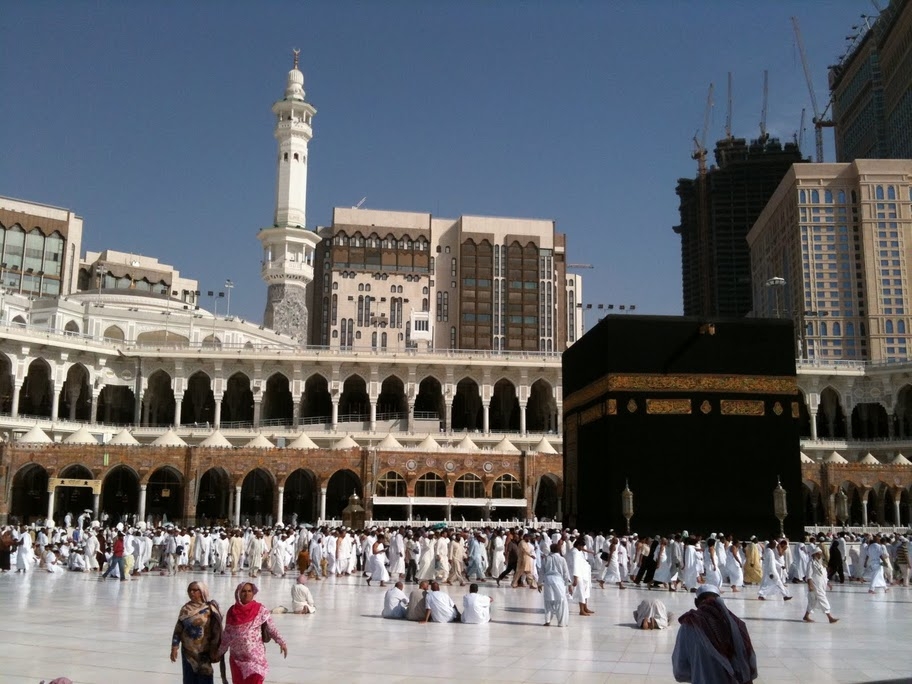Ramadaan has always been a peak season in terms of South Africans visiting the holy lands for umrah, but 2015 has seen something of a decrease in numbers undertaking the journey. The holy cities have historically been flooded with pilgrims during the fasting period, where many choose to spend the month in bid to acquire the most from their observance of the fourth pillar of Islam. But tough economic conditions have seen South Africans become more savvy with their finances.
“The rand is very weak as it is at this moment. It is trading at R3.50 to the Saudi riyal. We are going back something like eight years since the rand went about R13.00 to the dollar, and we are now at around R12.40. So that must be having an effect,” explained Sedick Steenkamp, chairperson of the SA Travel Operators Association (Sathoa)
Despite the decrease, he noted that there were still many using the month as a prime opportunity to visit the holy cities, although not quite to the numbers seen in prior years.
Another reported factor has been in implementation of new Saudi legislation, which now limit the length of umrah visas to a maximum 15 days; a turn off for those hoping to spend the entire duration of Ramadan in the Kingdom. Whilst authorities have been somewhat lenient with this law, operators in Saudi Arabia have been far stricter in its implementation.
“In terms of people only being able to stay two weeks, it certainly did have an effect (on the decrease) as well,” he stated.
Reports suggest that several international banks are now being investigated with regards to ‘rigging’ on foreign exchange. This has led to tight regulations on the amount of money foreigners are allowed to bring into the Kingdom.
“There are specific regulations that have to be complied with. For example if you are bringing in cash to do some foreign exchange, you are only allowed to bring in R25 000 in per trip. However in terms of doing electronic transfers into banks and in terms of doings cheques, you can do that,” noted Steenkamp.
These regulations are as seen as part of efforts to curb money laundering. VOC (Mubeen Banderker)






 WhatsApp us
WhatsApp us 

